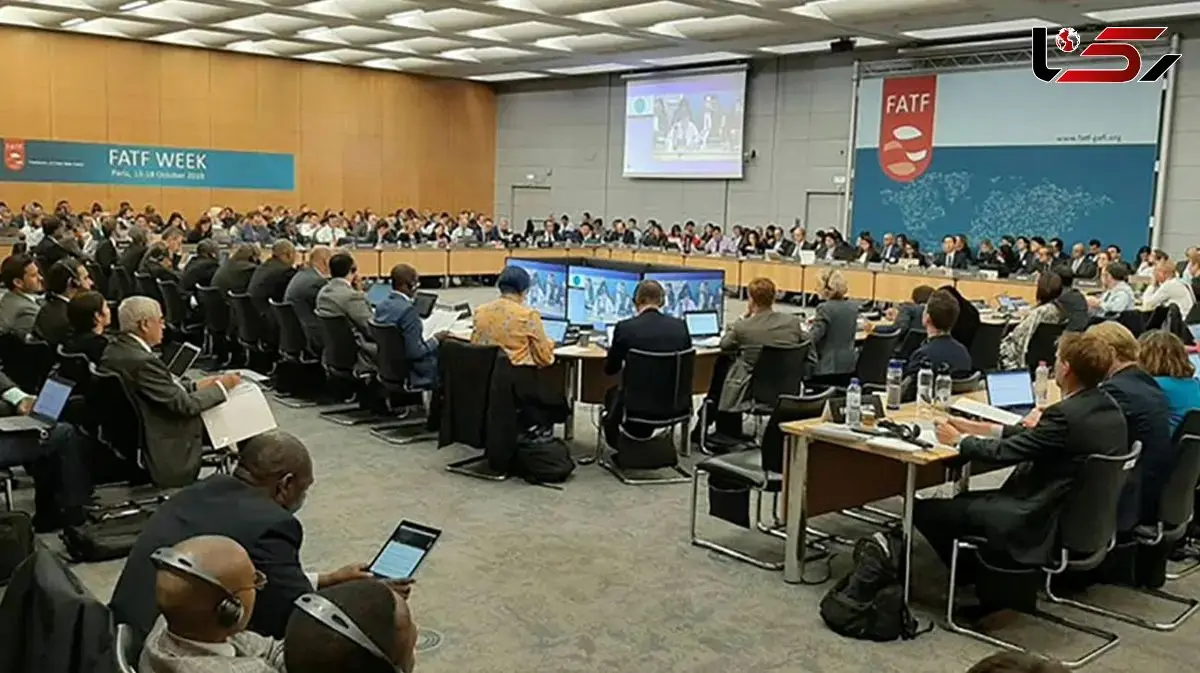U.S. Publication Reveals Trump’s Plan to Pressure Iran
Rokna Political Desk: Just weeks after returning to the White House, Donald Trump’s first anti-Iran directive aimed to control the country through the Financial Action Task Force (FATF). The American publication Foreign Policy now describes this group as a potential mechanism to fill the gap created by the paralysis of United Nations Security Council sanctions.

According to Rokna, citing Foreign Policy noted the ineffectiveness of U.N. Security Council sanctions and suggested creating a parallel mechanism outside the U.N. to strengthen sanctions regimes, identifying FATF as an institution capable of taking on this challenge.
FATF is an intergovernmental organization based on consensus, established in 1989 by the G7 and the European Commission to serve as a global financial crime watchdog and standard-setter. By 2025, forty countries will be members, and over 200 nations have committed to implementing its recommendations and standards through FATF-style regional bodies.
FATF’s Extensive Authority
Foreign Policy emphasizes that although FATF lacks binding legal authority and operates solely through guidance and recommendations, it wields significant power. Countries placed on its blacklist are effectively cut off from the global financial system, typically resulting in a loss of foreign direct investment and restricted access to international banking. In 2012, FATF added counter-proliferation financing to its mission.
Under FATF Recommendation 7, members are obliged to implement targeted financial sanctions to “comply with U.N. Security Council resolutions related to preventing, suppressing, and countering the proliferation of weapons of mass destruction and their financing.”
Using FATF to Pressure Sanctioned Countries
Foreign Policy noted that the current scope of FATF requirements for sanctions enforcement is limited. To address this, the group could play a vital role in filling existing gaps. As a technical and consensus-based body, FATF can compel member states to enforce sanctions effectively and establish global standards for preventing proliferation financing.
One of FATF’s main advantages is that its sanctions are linked to the international financial system, and being blacklisted restricts a country’s access to foreign investment and international banking services. This can exert economic pressure on violator states even if the U.N. Security Council is unable to act directly due to veto powers. However, to function effectively, FATF must expand the scope of financial sanctions to include prohibited revenue-generating activities such as cryptocurrency exchange hacks and complex financial networks supported by intermediary countries. Only then can FATF serve as an alternative and complementary mechanism to U.N. sanctions.
Ultimately, the report concludes that in the current environment, with the Security Council paralyzed and structurally limited, FATF could serve as an effective alternative tool to reinforce sanctions and counter nuclear proliferation and weapons of mass destruction. By applying global financial pressure and standardizing sanctions, FATF could fill the gap caused by the lack of consensus in the Security Council and allow member states to enforce sanctions more efficiently.
Trump’s Directive to Use FATF Against Iran
On February 4, 2025, just weeks after Donald Trump returned to the White House for his second term, he signed National Security Presidential Memorandum No. 2 (NSPM-2), part of a “reconstructed maximum pressure” policy against Iran.
The directive instructed the U.S. Treasury and other financial agencies to enhance cooperation with FATF and use this international mechanism to exert additional financial pressure on Iran.
Paragraph (v) of the memorandum explicitly stated that Washington should “maintain countermeasures against Iran within FATF, review beneficial ownership thresholds to ensure sanctions block all illicit revenue sources of Iran, and consider whether banks should implement the ‘know your customer’s customer’ standard in transactions related to Iran to prevent sanctions evasion.”
Send Comments